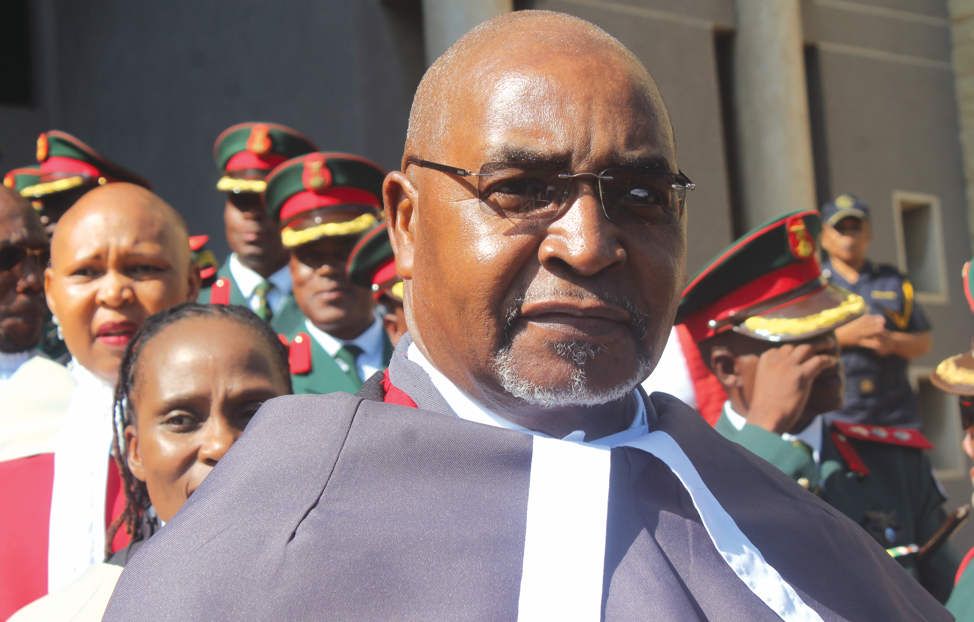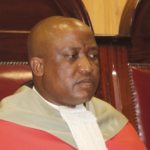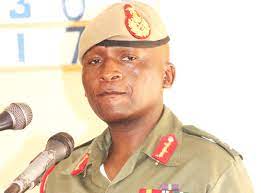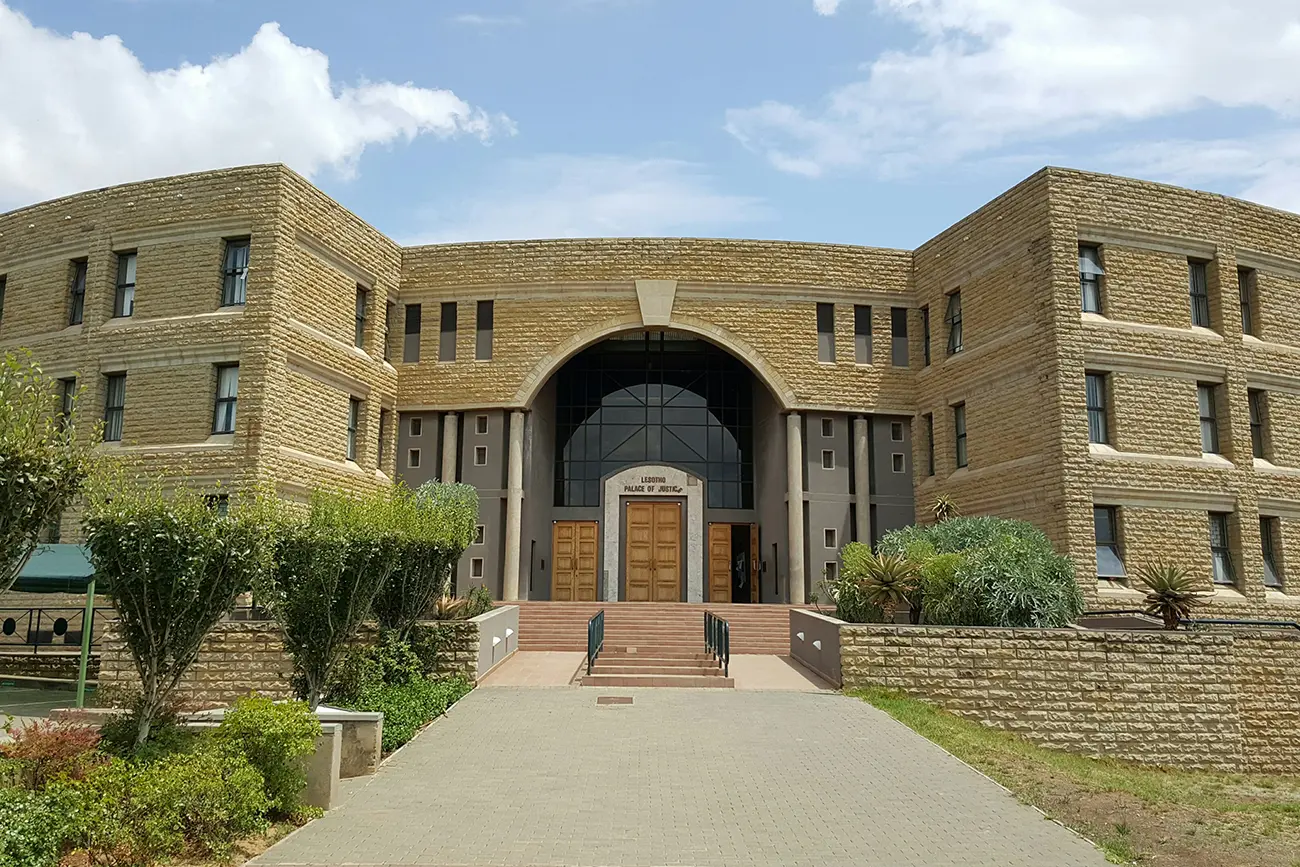The High Court yesterday dismissed an application by former Lesotho Defence Force (LDF) Commander, Tlali Kamoli, and eight co-accused soldiers to be discharged in the long-running murder trial of the late Lieutenant General Maaparankoe Mahao.
The group had petitioned the court to release them under Section 175(3) of the Criminal Procedure and Evidence Act (CP&E Act), which allows an accused to be discharged if the prosecution fails to establish sufficient evidence at the close of its case.
Kamoli and his co-accused — Litekanyo Nyakane, Lekhooa Moepi, Motsamai Fako, Marasi ’Moleli, Motšoane Macheli, Mohlalefi Seitlheko, and Tšitso Ramoholi — face charges including murder, attempted murder, unlawful damage to property, theft, obstruction of justice, and superior orders.
Accused number two, Haleo Makara, was not part of the discharge application.
Mahao was killed on 25 June 2015, allegedly by fellow soldiers during a controversial operation to arrest him.
The defence team argued that the prosecution’s evidence failed to directly implicate the accused. However, the crown, led by Advocate Rethabile Setlojoane, countered that testimony from 41 witnesses presented a strong case that warranted the continuation of the trial.
Delivering his ruling, Judge Charles Hungwe said there was sufficient prima facie evidence for the trial to proceed. He explained that at this stage, the court is not required to determine guilt beyond reasonable doubt, but rather whether there is a reasonable case for the accused to answer.
“The court at this stage should leave the matter of credibility in abeyance until the defence has closed its case, then weigh the two together,” he said.
He added that in Lesotho’s system, although a judge sits with assessors, he is the final arbiter of both law and fact. Thus, a judge may still acquit if he finds the credibility of the crown witnesses “irretrievably shattered,” regardless of what the accused might later say in their defence, short of admitting guilt.
Quoting Chief Justice Sakoane Sakoane’s 2025 ruling in Rex v Sebolai and Another, Judge Hungwe emphasized that at this point in a trial, “the prosecution’s evidence must only meet the threshold of possibility, not certainty.”
“Following an objective reflection on the evidence led in this case, I am satisfied that the threshold for a criminal prima facie case has been met,” Judge Hungwe said. “Unless the prosecution’s evidence has been so utterly dismantled in cross-examination that no reasonable person might convict on it, an application for discharge must fail.”
After hearing testimony from 41 witnesses, the court concluded that there was indeed a prima facie case to answer.
The case, ongoing since 2018, is Lesotho’s only high-profile trial currently overseen by a foreign judge. Judge Hungwe of Zimbabwe took over after Botswana judges Kabelo Lebotse and Onkemetse Tshosa resigned, citing poor working conditions.
The prosecution is led by Advocate Rethabile Setlojoane, while the defence team includes Attorney Qhalehang Letsika and Advocates Silas Ratau, Napo Mafaesa, Kabelo Letuka, and Letuka Molati. Advocate Machaduka Mukhawana appears as a watching brief.
The matter has been adjourned to January 12–30, 2026, to allow the accused to consult and subpoena their witnesses.
Summary
- The group had petitioned the court to release them under Section 175(3) of the Criminal Procedure and Evidence Act (CP&E Act), which allows an accused to be discharged if the prosecution fails to establish sufficient evidence at the close of its case.
- He explained that at this stage, the court is not required to determine guilt beyond reasonable doubt, but rather whether there is a reasonable case for the accused to answer.
- “Following an objective reflection on the evidence led in this case, I am satisfied that the threshold for a criminal prima facie case has been met,” Judge Hungwe said.
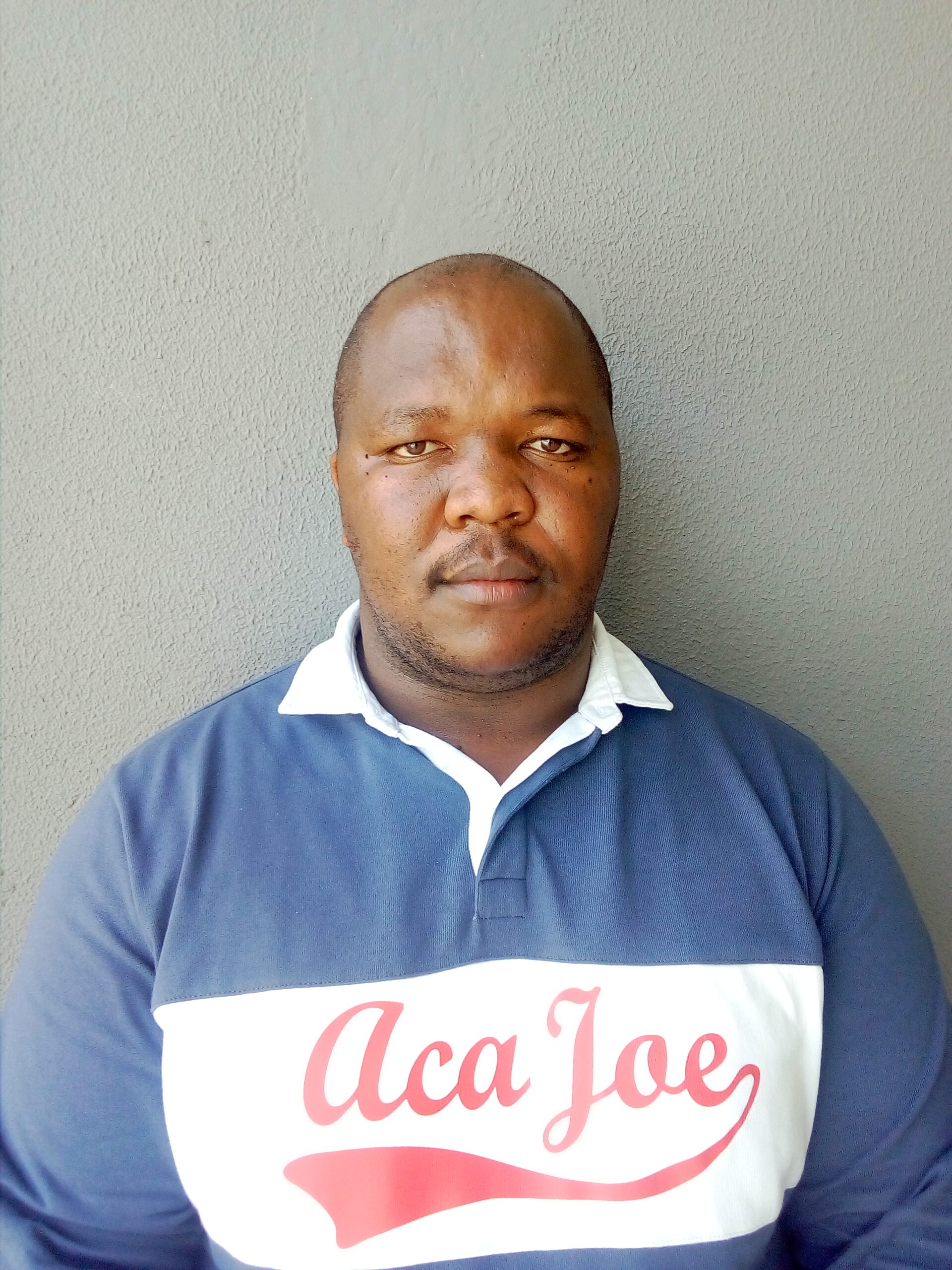
Thoboloko Ntšonyane is a dedicated journalist who has contributed to various publications. He focuses on parliament, climate change, human rights, sexual and reproductive health rights (SRHR), health, business and court reports. His work inspires change, triggers dialogue and also promote transparency in a society.


